Russian Scientists in the United States Amidst War-Induced Emigration
The ongoing conflict between Russia and Ukraine has triggered a significant exodus from Russia, with a notable number choosing the United States as their destination. Estimations suggest that within a mere ten months since the conflict's onset, approximately 25,000 Russian citizens sought refuge in the United States, a figure expected to rise amid continued conflict and increasing repression in Russia.
This surge in emigration, reminiscent of the large-scale exodus seen in the 1990s, is characterized by a notable "brain drain," with many highly skilled individuals, including scientists, departing Russia. Research from "Novaya Gazeta Europe" indicates a swift departure of leading scientists, particularly among the younger demographic.
The forced nature of this emigration presents unique challenges for adaptation and integration into American society, compounded by the suddenness of the move and lack of preparation. Many emigrants find themselves navigating complex systems in healthcare, welfare, education, and taxation without adequate prior planning.
This research aims to comprehensively explore the multifaceted challenges faced by Russian scientists as they adapt to the economic, social, and academic landscape of the United States. Key areas of inquiry include the barriers to assimilation into American scientific and university cultures, the phenomenon of brain drain, potential return migration or continued emigration trends after two years of conflict, perspectives on "brain waste," and the dissonance between pre-migration expectations and post-migration realities.
The project seeks to enhance understanding of the scale, structure, and outlook of war-induced emigration from Russia to the United States, identify barriers to successful integration, and gauge scientists' views on their future prospects and research fields in the aftermath of two years of conflict. Empirical data will be gathered through in-depth biographical interviews with Russian scientists who relocated to the United States post-February 2022.
This surge in emigration, reminiscent of the large-scale exodus seen in the 1990s, is characterized by a notable "brain drain," with many highly skilled individuals, including scientists, departing Russia. Research from "Novaya Gazeta Europe" indicates a swift departure of leading scientists, particularly among the younger demographic.
The forced nature of this emigration presents unique challenges for adaptation and integration into American society, compounded by the suddenness of the move and lack of preparation. Many emigrants find themselves navigating complex systems in healthcare, welfare, education, and taxation without adequate prior planning.
This research aims to comprehensively explore the multifaceted challenges faced by Russian scientists as they adapt to the economic, social, and academic landscape of the United States. Key areas of inquiry include the barriers to assimilation into American scientific and university cultures, the phenomenon of brain drain, potential return migration or continued emigration trends after two years of conflict, perspectives on "brain waste," and the dissonance between pre-migration expectations and post-migration realities.
The project seeks to enhance understanding of the scale, structure, and outlook of war-induced emigration from Russia to the United States, identify barriers to successful integration, and gauge scientists' views on their future prospects and research fields in the aftermath of two years of conflict. Empirical data will be gathered through in-depth biographical interviews with Russian scientists who relocated to the United States post-February 2022.
